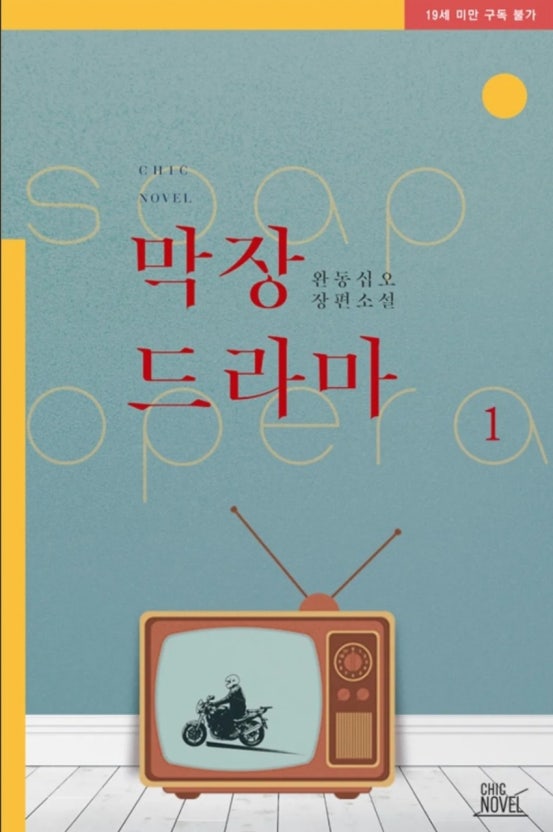
The Makjang Genre
A Dance of Excess and Hidden Truths
Makjang (막장), South Korea’s audacious storytelling tradition, is a tempest of melodrama where secrets erupt, love fractures, and human truths twist into wild, aching forms. Rooted in coal-mining slang for a “dead end,” this genre captures life’s rawest edges—shocking twists, forbidden loves, friends turned siblings, betrayals—posing a haunting question: What do we bury, and what does it cost to unearth it? Watching a drama like When The Phone Rings is like gazing into a mirror that amplifies our hidden pains and unspoken desires.
Emerging in the 1990s amid South Korea’s rapid modernization, these daily soap operas gave voice to a society torn between tradition and ambition. Networks like MBC (Munhwa Broadcasting Corporation, a public broadcaster founded in 1961) and SBS (Seoul Broadcasting System, a private network launched in 1990) were pivotal, producing tales of illegitimate heirs and feuding chaebols that reflected Confucian duties clashing with urban dreams. Their emotional honesty, despite improbable plots, offered catharsis for viewers navigating change. By the 2000s, the genre matured alongside K-drama’s global rise, blending polished production with darker moral questions. Cable channels like tvN pushed boundaries—infidelity, class divides—though convoluted plots sometimes stumbled.
The 2010s brought global resonance via Netflix, with dramas like The Penthouse pairing glossy chaos with commentary on inequality and education. The genre evolved, yet its core endured: flawed, deeply human stories of love and loss. Today, Buried Hearts honors classic tropes while wrestling with repetitive themes, balancing tradition and innovation. Global fans embrace its sincerity, even chuckling at its excesses.
This storytelling tradition thrives on its refusal of tidy answers. Tear-soaked confessions and fiery confrontations aren’t mere spectacle—they’re a release, resonating in a culture where duty often stifles emotion. Critics call it manipulative, but its chaos is deliberate, echoing Korean folktales’ moral tension and amplified by television’s emotional intensity. It’s a paradox: fantastical yet grounded, absurd yet compassionate.
Not for everyone—and I’m mostly among them. Its intensity can overwhelm, its twists defy belief. Yet for those who embrace its storm, it’s a poetic unraveling—a reminder that even in our wildest moments, we chase love, grapple with loss, and seek light amid shadows. Like Buried Hearts, it leaves us with questions, urging us to confront our own buried truths.
Image courtesy of Unsplash
Comments are closed.